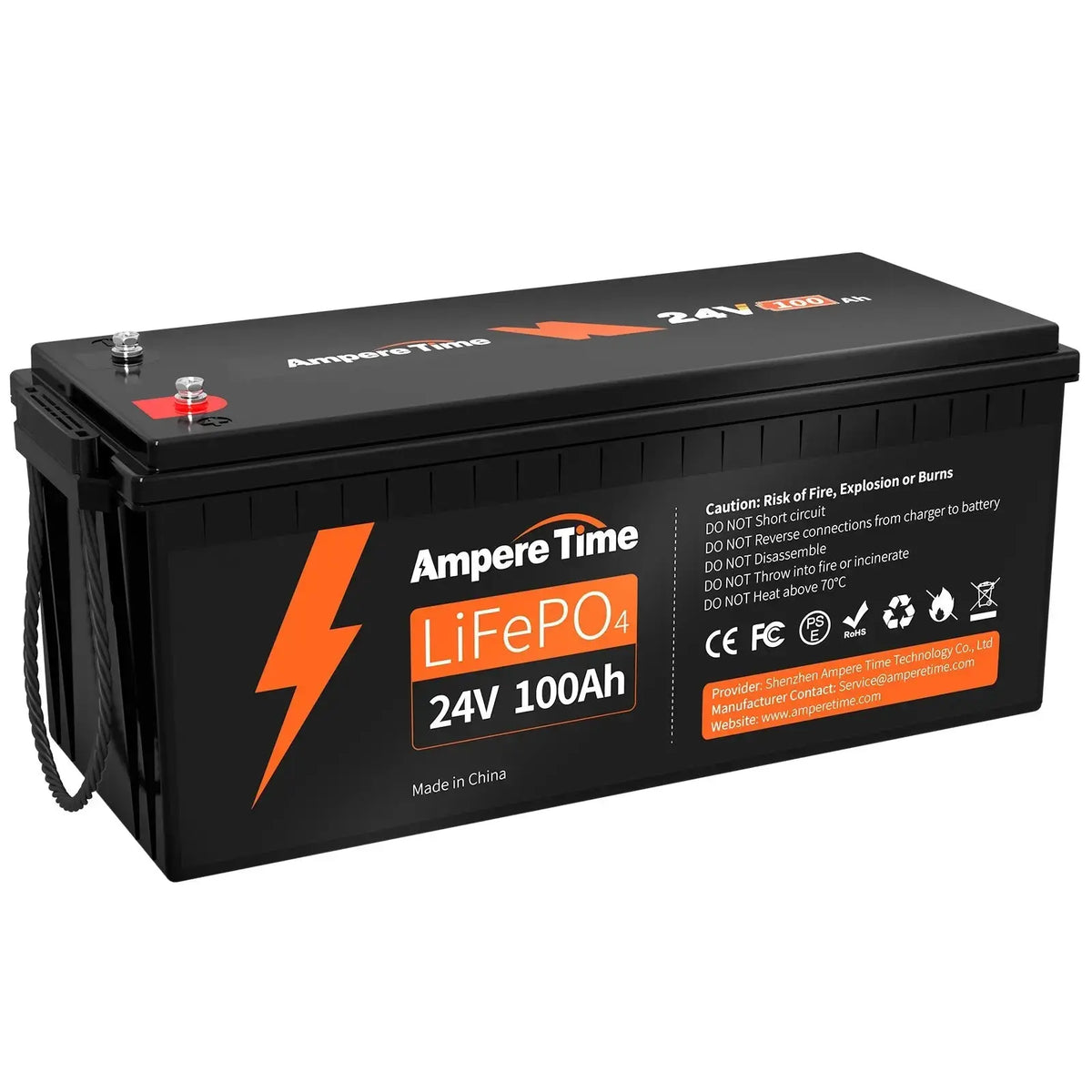AmpereTime is now LiTime, so if an "ampere time" website or battery, be cautious in purchasing (as AT now implies age and use)? Also, don't forget that the higher amp draw bms's are in the higher aH rated batteries. Another great battery is SOK. Both LiTime & SOK have held up over years of testing and operation at my homestead. SOK has the added plus of being "serviceable" (any component inside can be replaced), whereas the LiTime batteries are "sealed".
I've use AmpereTime, and now LiTime batteries in my house battery-bank(s) for years now, all 12v batteries. Great batteries, great company. They replaced one battery entirely at their cost, when a bms acted up, so great service. Their documentation is nice, and they are very clear on how many can be in series and/or parallel, so their bms's play well together.
On system reference voltages, I'd say go as big as you can afford *and* ensure that your final house battery-bank design can withstand a SPoF, whatever reference voltage you choose. In other words, don't have a single 48v inverter and a single 48v server battery, or any similar combination with a SPoF. Failures, both configuration- and component-wise, do happen. You don't want to be down for days or weeks when this happens, waiting on a return phone call or other crummy service process.
This leads to choosing wisely on vendors, and CurrentConnected and a few others seem to be in the category of "the right stuff" when it comes to buying, servicing, and replacing equipment that has failed.



